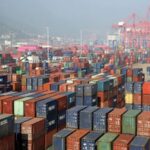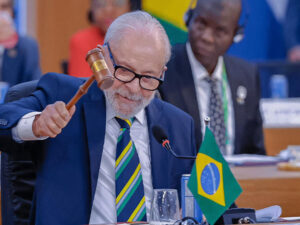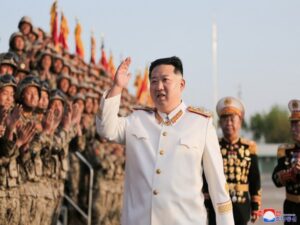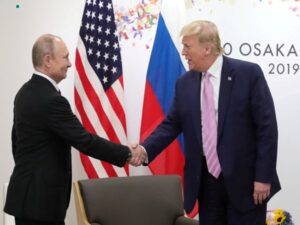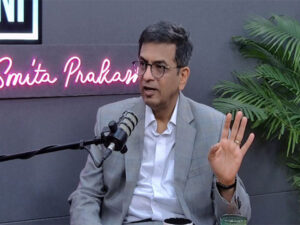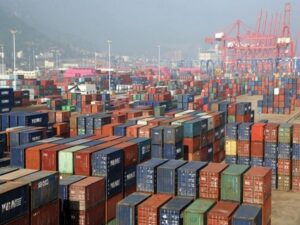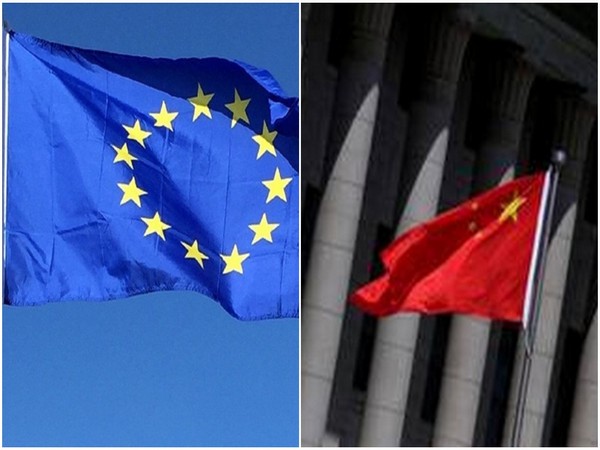
Beijing [China], May 9 (ANI): Amid repeated confrontations with China over retaliatory sanctions on elected officials, European lawmakers are up in opposition to the trade deal with Beijing signed last year, the pact to which many were already opposed.
Finbarr Bermingham for the South China Morning Post (SCMP) writes that Beijing appears to have done something many thought was impossible — united the European Parliament on a single issue. Experts maintain that the situation is critical and the deal is damaging support.
Members of Parliament (MEPs) are planning to introduce a motion this month to put the Comprehensive Agreement on Investment (CAI) deal “on ice” until Beijing removes its sanctions, although Chinese analysts say that is highly unlikely.
“The European Parliament links the lifting of anti-sanctions with the approval of the agreement, which is difficult for China to accept,” said Cui Hongjian, a Europe expert at the China Institute of International Studies.
Meanwhile, Annalena Baerbock, a candidate from Germany’s Green Party said at an Atlantic Council event on Thursday that under her stewardship, Germany’s China policy would closely reflect that of US President Joe Biden, who has introduced hardline policies towards China, SCMP reported.
The Green Party is the rival of Christian Democratic Union of Germany led by Chancellor Angela Merkel, who is the chief sponsor of the China–EU deal.
“I would say we are not really apart on this point. You have also now intensified the dialogue on the question of climate and have a strong tone on human rights, and also the question of tariffs. So I think I’m in a similar field to [the Biden] administration,” she said.
Elvire Fabry, senior fellow at the Jacques Delors Institute in Paris, said Macron had been silent on the CAI, reported SCMP.
“I mean, he was clearly in favour at the time. He was there, and he’s been criticised for being there. But it was a way to show that he would be sharing the presidency at the time of the ratification in early 2022. But since then, he’s been very cautious,” Fabry said.
The sanctions imposed by the EU on China in March marked the EU‘s first punitive measures on Beijing since it imposed an arms embargo after the 1989 Tiananmen Square massacre.
In retaliation to the bloc’s sanctions, China has decided to introduce sanctions against ten European Union officials and four European organizations after accusing them of spreading lies and false information about the Xinjiang region.
Since the signing of the deal by Chinese Premier Xi Jinping, there is a mounting concern in the European Parliament over China‘s human rights record on issues, including alleged forced labour camps and a crackdown in Hong Kong against anti-government protestors, reported Greek City Times. (ANI)

